Alligators are relics of another age, aquatic reptiles with prehistoric roots. They’ve been a key part of marine food chains for millennia, potentially even once being part of deep ocean ecosystems.
Scientists have been using alligator carcasses in a somewhat bizarre offshore experiment, dumping dead ones into the Gulf of Mexico as part of their research.
The Gulf of Mexico
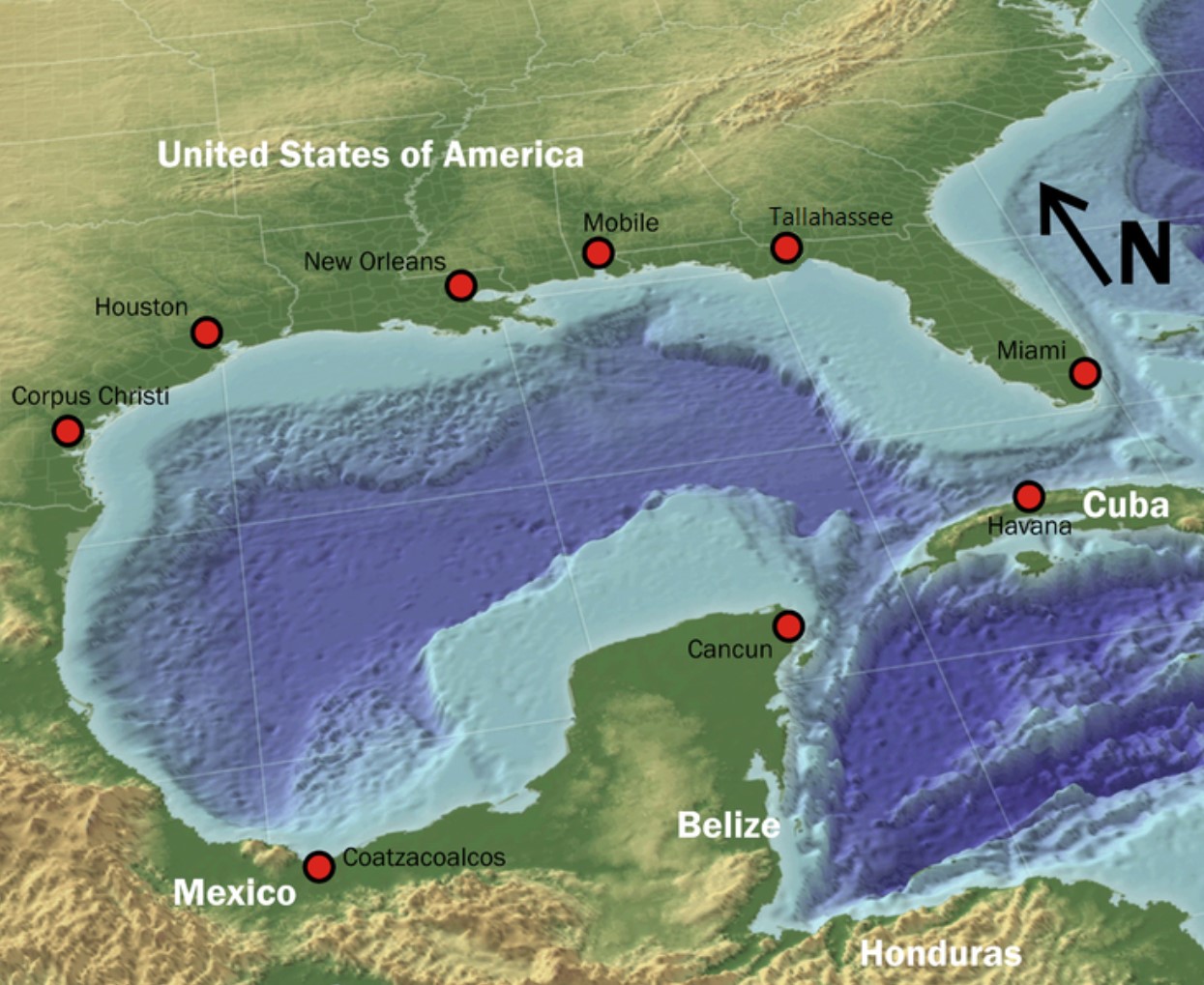
The Gulf of Mexico is a large body of water connected to the Atlantic Ocean and “engulfed” by the Southeastern United States and Mexico.
The Gulf stretches approximately 600,000 square miles and contains many small islands, such as those off the coast of the Yucatán Peninsula. It has a tropical and subtropical climate and is prone to hurricanes.
Animal Life in the Gulf
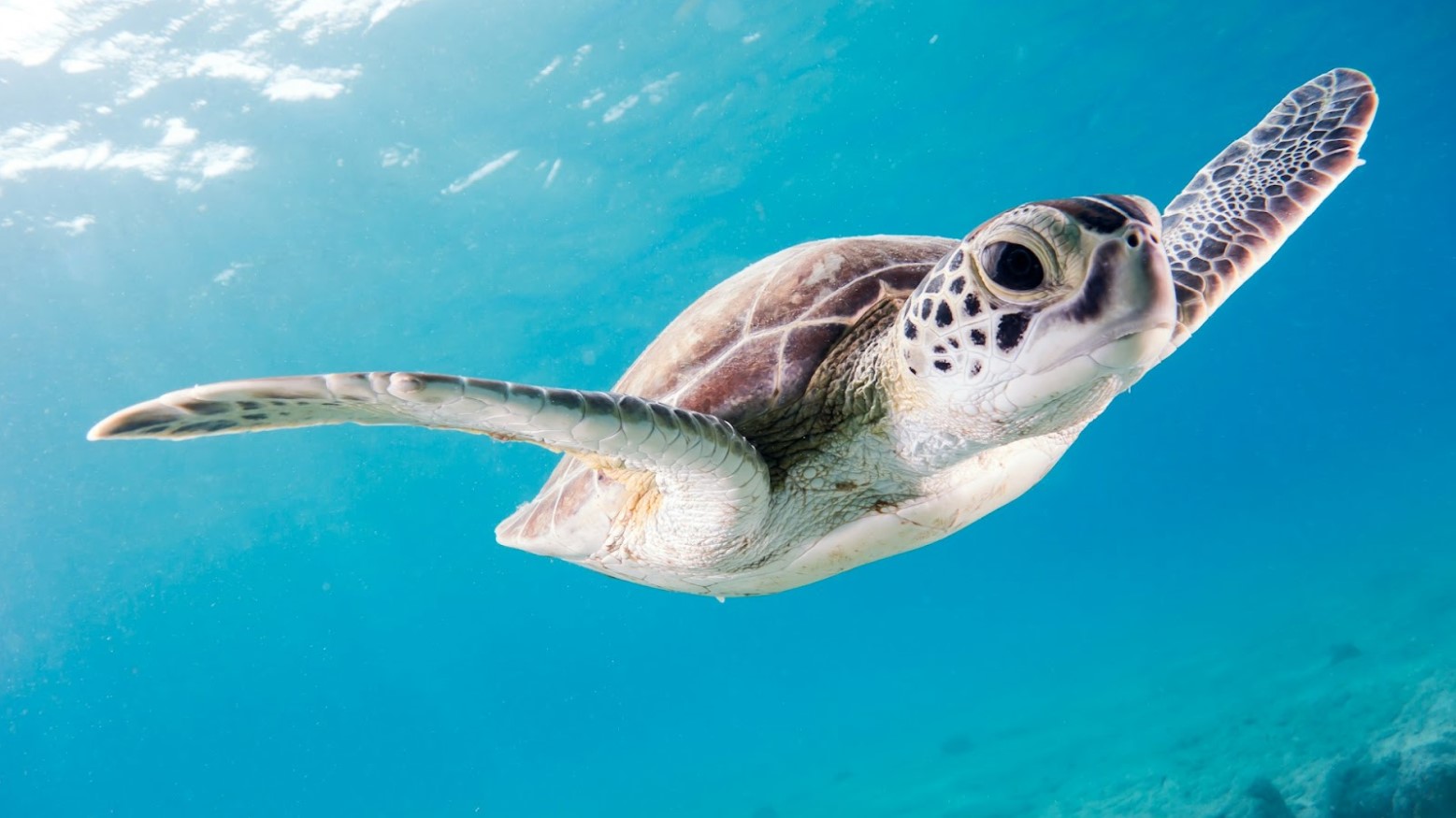
The Gulf of Mexico has an abundance of diverse, fascinating marine life. It’s home to Vampire Squid, five species of sea turtles, and even the enormous, long-lived Greenland shark, previously found living near Arctic regions.
The Atlantic bluefin tuna is also found in the Gulf, moving into this region to reproduce in the face of overfishing in the Atlantic Ocean.
Environmental Challenges

Oil drilling in the Gulf of Mexico has posed a risk to animal life in the area and made conservation a big point of concern, especially in recent years.
The 2010 Deepwater Horizon oil spill, the largest such spill on record, saw somewhere between 1,000 and 60,000 barrels of oil spill into the Gulf of Mexico per day, massively impacting wildlife in the area.
Deep Ocean Research
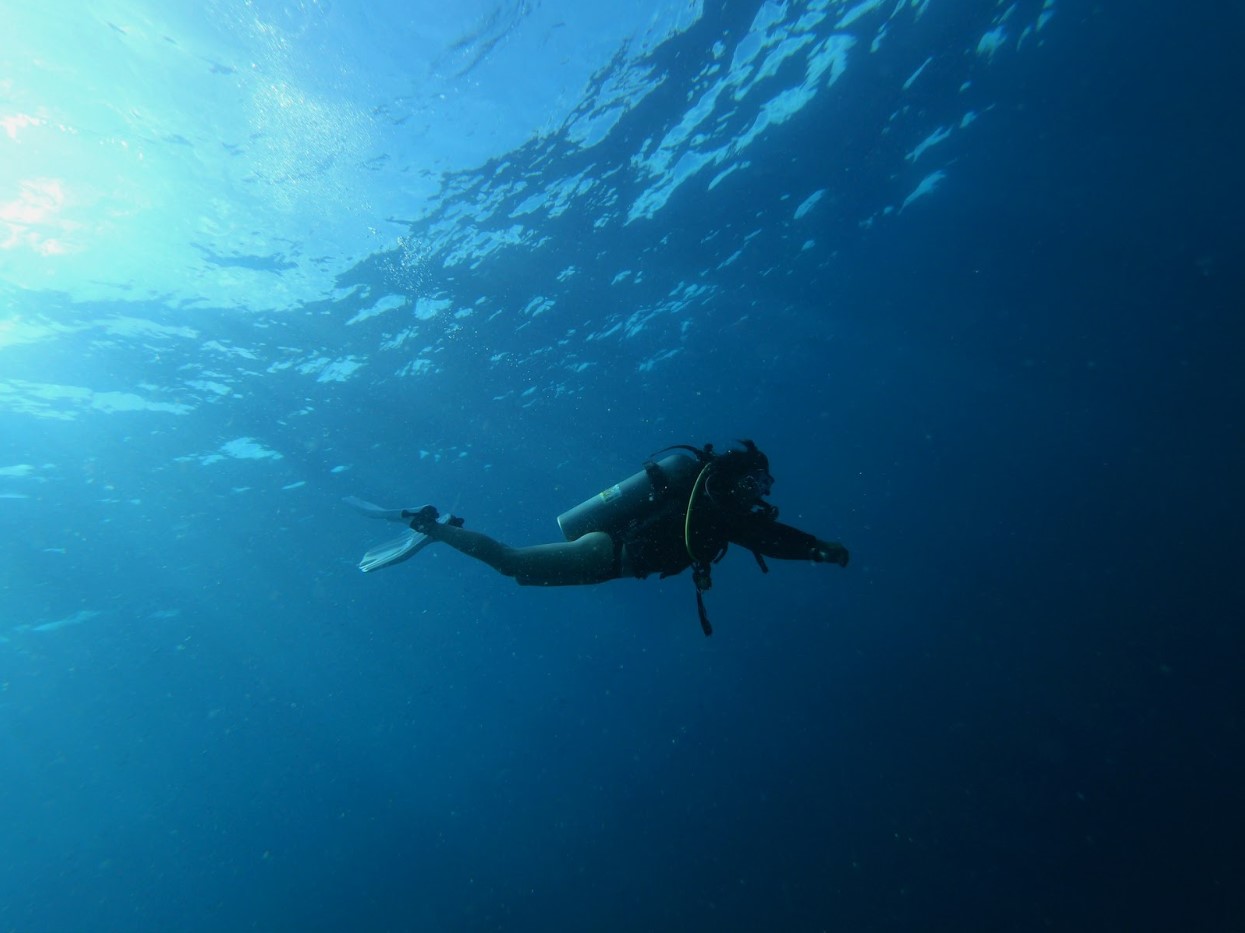
Roughly 71% of our planet is covered in water, with about 96.5% of all the Earth’s water held in oceans. Still, 80% of our oceans remain unexplored.
There’s something of a recent boom in ocean research, with several new discoveries being made over recent years like the mysterious “blue goo” found on the Caribbean seafloor.
The Importance of This Research

Ocean exploration and the discovery of new life is not simply a scientific curiosity or valuable for directing effective conservation efforts, but there are practical applications that can benefit humanity.
Many ocean organisms produce elements that are useful in modern medicine. Anti-inflammatory and even anti-cancer treatment elements can be found in ocean life, meaning a potential cure for cancer may lie undiscovered in the ocean depths.
Discoveries in the Mid-Atlantic Ridge

The Mid-Atlantic Ridge is the longest mountain range on Earth. The entire mountain range is underwater, with just a few peaks rising above sea level.
An expedition to the Ridge led to the discovery of the aforementioned “blue goo,” along with the discovery of 20 new species, exploration of ecosystems, and mapping of new areas of the Mid-Atlantic.
Dropping Alligators Into the Gulf
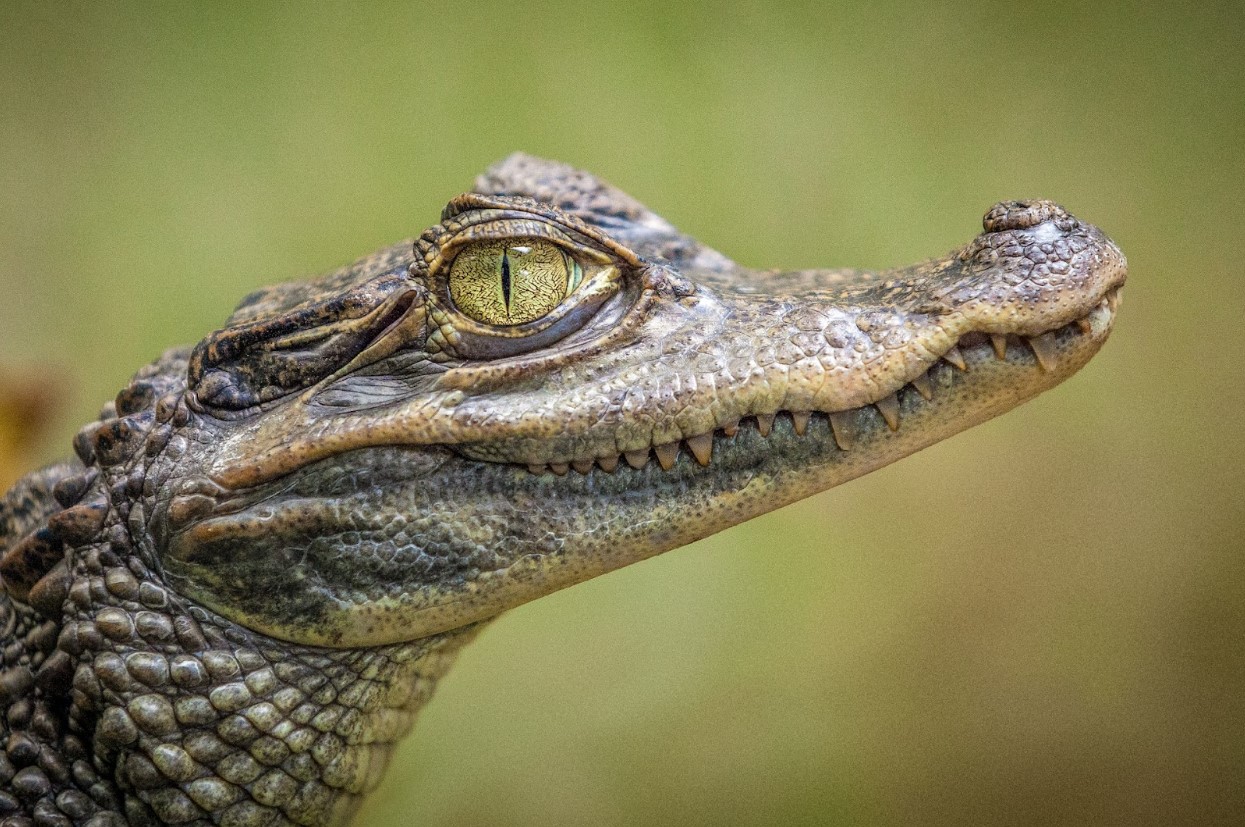
All this brings us to one specific example of marine research — dropping alligator carcasses into the Gulf of Mexico.
This is all part of researcher Craig McClain’s study into how deep-sea animals react when presented with a large reptilian food source in an area where sustenance is scarce.
What Species Ate the Alligators?
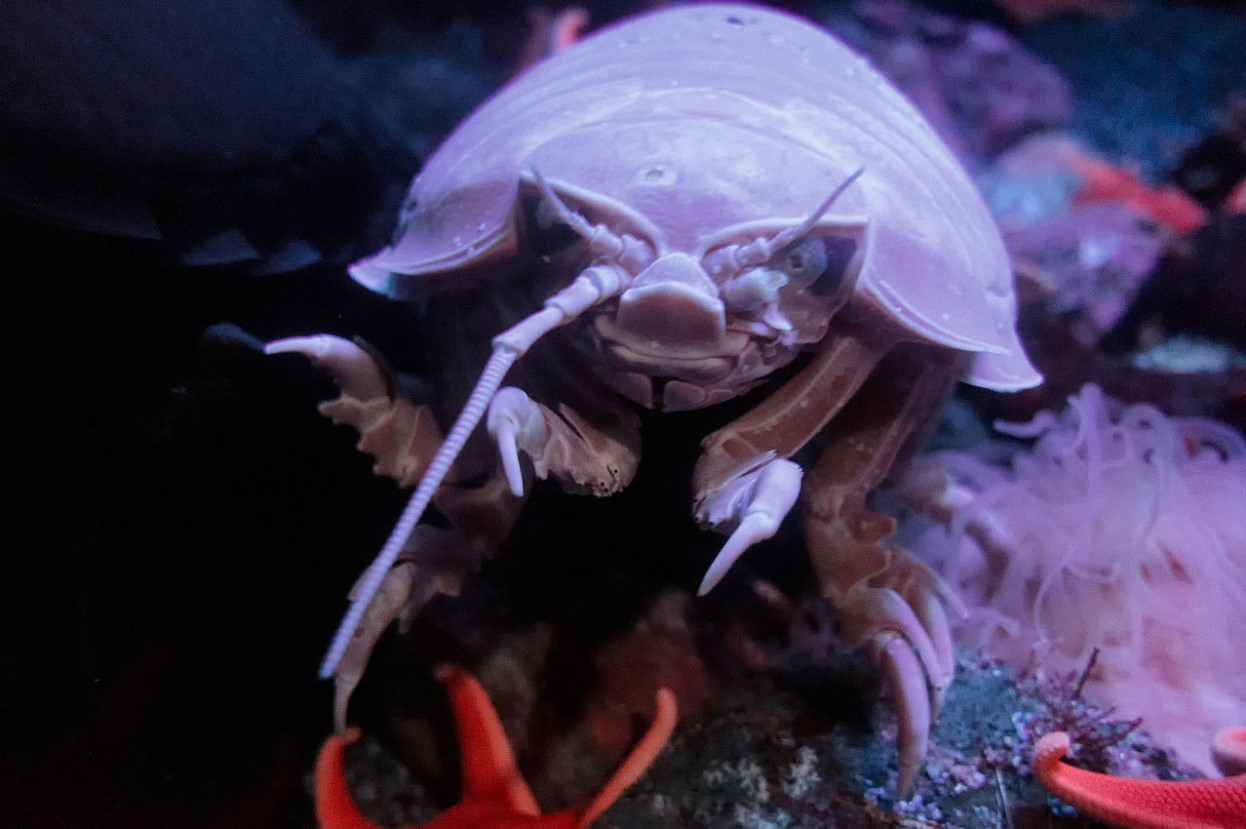
McClain found that among the animals to eat the alligator carcasses, giant isopods took a particular liking to the reptile meat.
These creatures rely on decomposing marine animals as a food source but rarely have enough such morsels fall to the seafloor. This means they can go months or even years without food.
Why Alligators?
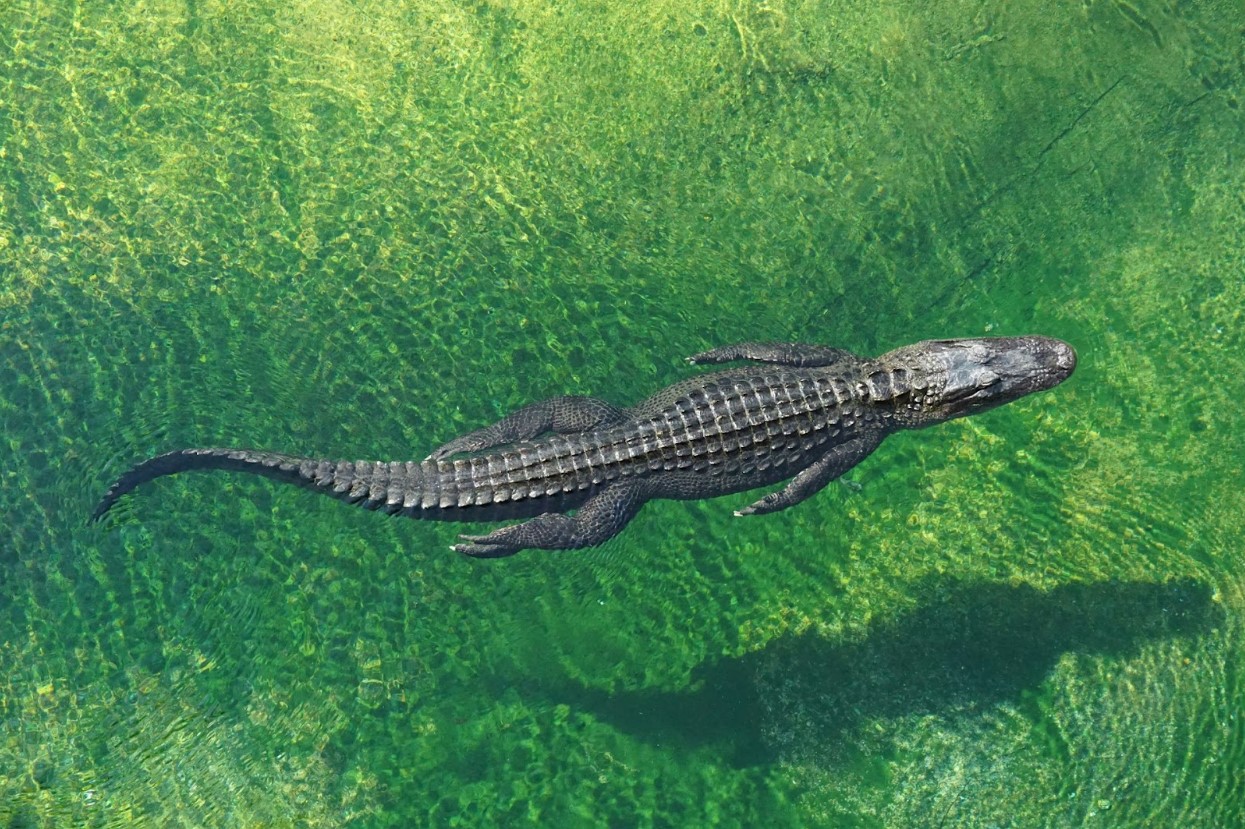
Understandably, the giant isopods welcomed a giant alligator carcass and engaged in a feast of the likes they’d probably never had before. But why were alligator carcasses specifically used for this experiment?
Alligator carcasses naturally finding their way into the Gulf of Mexico isn’t massively uncommon due to storms and hurricane activities. But there’s another, less contemporary reason alligator carcasses were chosen.
Prehistoric Food Chains
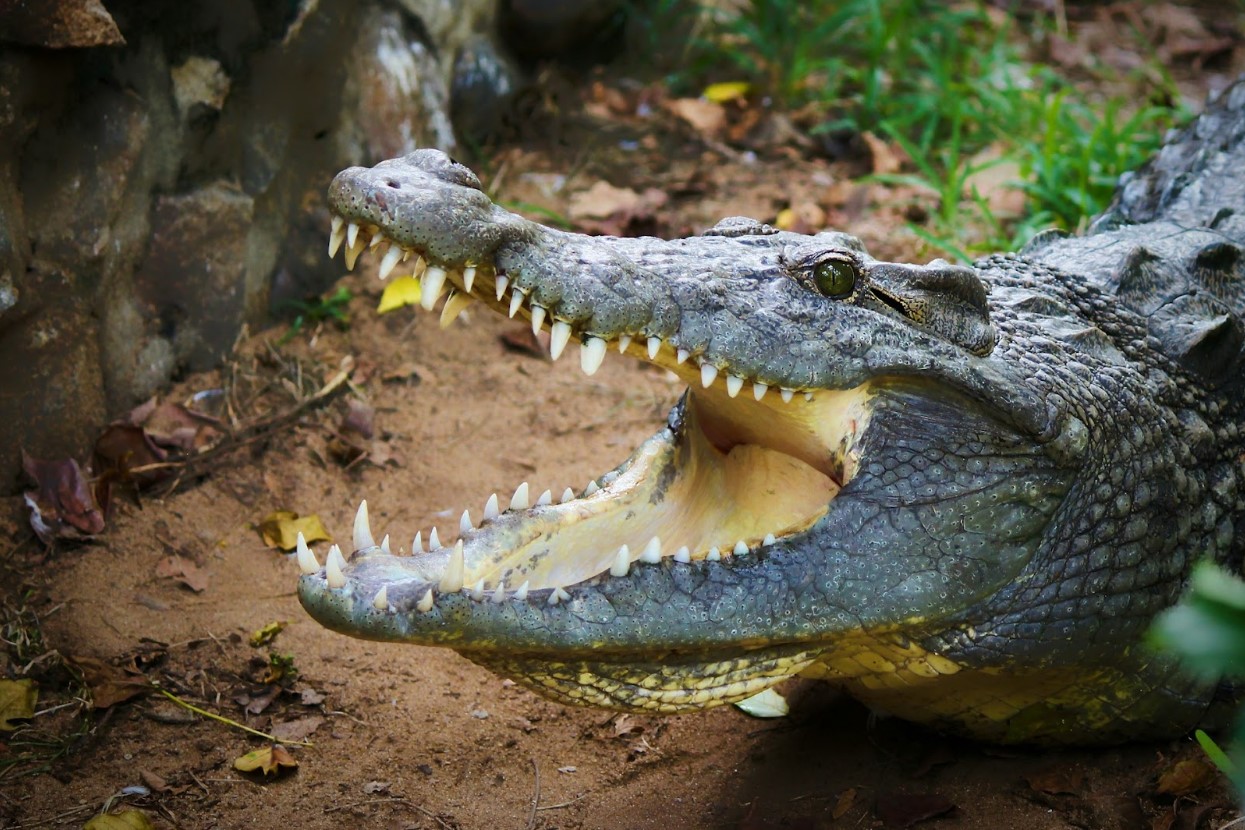
It’s widely believed, due to evidence in the fossil record, that large alligator-like reptiles were part of deep ocean food chains in prehistoric times.
These food chains may have hinged on the presence of these predatory species. By introducing alligator carcasses into the Gulf, we get a glimpse of how such food chains may have worked, with bottom-dwellers using their bodies as a source of food, for example.
Learning More About Ocean Ecosystems
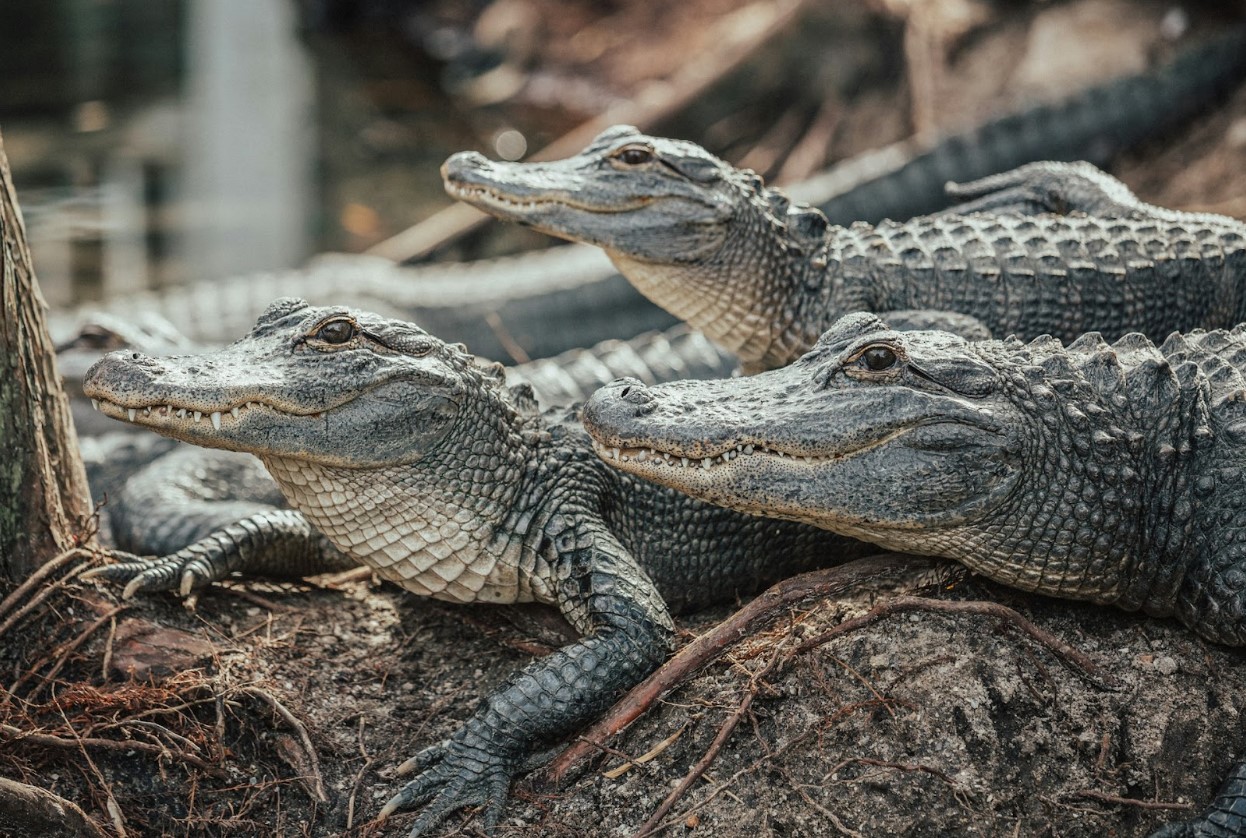
There is so much about the depths of our planet’s oceans that we still know so little about. Research like these seemingly odd alligator experiments helps give us more insight into life on the ocean floor.
With alligators specifically, we also get a window into the past, glimpsing what food chains on our planet may have been like millions of years ago.
